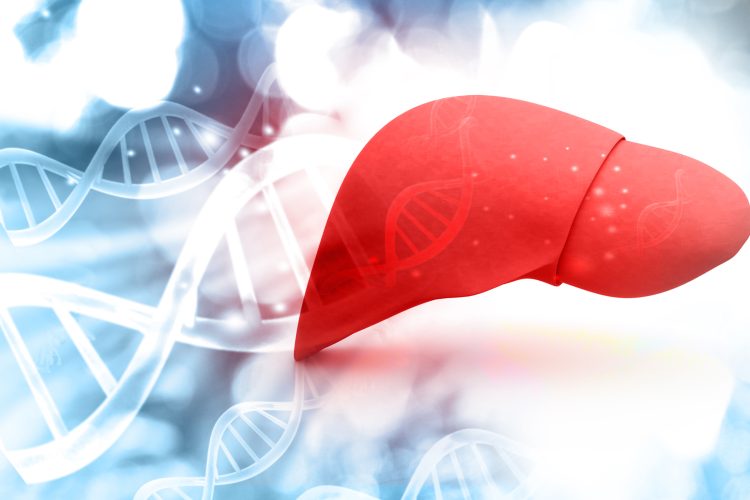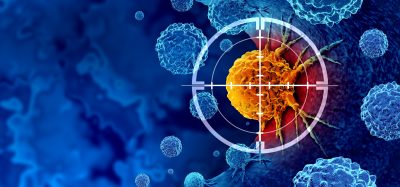New treatment for metabolic dysfunction-associated steatohepatitis
Posted: 4 April 2024 | Drug Target Review | No comments yet
The compound 11c demonstrates an excellent safety profile and is an exciting advancement in liver disease management.


Researchers from the Gwangju Institute of Science and Technology (GIST) have developed a compound for oral treatment of metabolic dysfunction-associated steatohepatitis (MASH) which exhibits potent anti-inflammatory and fibrotic effects and safety attributes in animal models. It offers significant hope for liver disease management.
Metabolic dysfunction-associated steatotic liver disease (MASLD), characterised by the accumulation of fat in the liver, is a global health concern, increasing the risk of progressing to more severe conditions like metabolic dysfunction-associated steatohepatitis (MASH).
Led by Dr Jin Hee Ahn from GIST, the researchers developed the compound, a novel peripheral 5HT2A antagonist. First author and senior researcher Dr Haushabhau Shivaji Pagire commented: “Our meticulous analyses have revealed a significant reduction in inflammatory and fibrosis markers, attesting to the potent anti-inflammatory and fibrotic effect of the compound. This action, targeting both inflammation and fibrosis, is a promising step forward in treating MASH.”
The identification of Desloratadine, a peripheral agent which showed promising inhibitory effects, aided the discovery of 11c from drug library screening to its refined form. Molecular docking techniques supported the process to identify compound 11c. Dr Ahn stated: “Based on in vitro, in vivo efficacy, tissue distribution data, DMPK and tox profiles, compound 11c shows promise as a therapeutic agent for the treatment of MASLD and MASH.” The compound 11c exhibits hepatocyte and plasma stability, minimal cytotoxicity, and low cytochrome P450 inhibition. Notable pharmacokinetic attributes, including more than 60 percent oral bioavailability, position 11c as a compelling candidate for advancing MASH treatment.
Having completed the preclinical study, compound 11c will move into a Phase 1 clinical trial. The successful outcome of these trials could transform the treatment of metabolic disorders.
This study was published in Nature Communications.
Related topics
Animal Models, Drug Development, Drug Discovery, Drug Targets, In Vitro, In Vivo
Related conditions
metabolic dysfunction-associated steatohepatitis (MASH), Metabolic dysfunction-associated steatotic liver disease (MASLD)
Related organisations
Gwangju Institute of Science and Technology (GIST)
Related people
Dr Haushabhau Shivaji Pagire (GIST), Dr Jin Hee Ahn (GIST)








